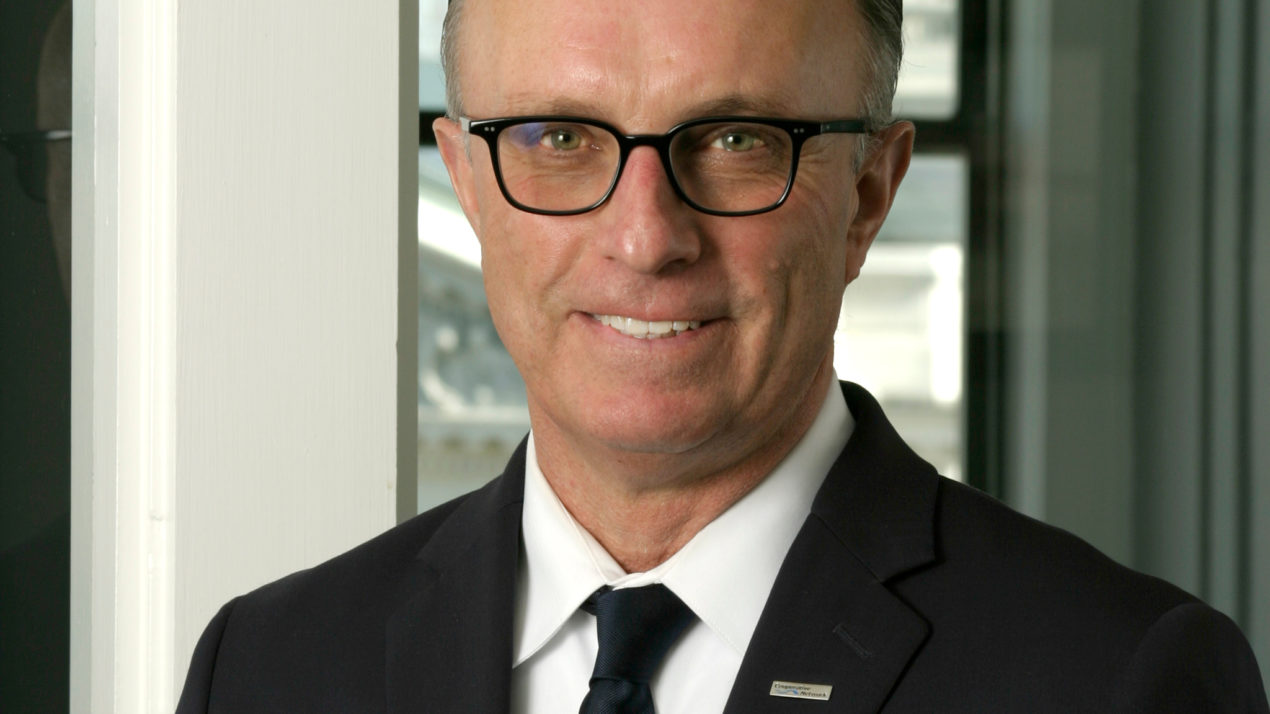
Building a Better Tomorrow
BY DANIEL SMITH
There is a common adage in the business world that timing is everything. It has been proven to be true throughout history as new products, technologies, communication platforms and management processes emerged, took root and transformed what we previously viewed as permanent. It is part of what makes life interesting, challenging and open to the promise of possibility.
As the world begins to emerge from the coronavirus pandemic, it is essential that we seize the opportunity not to merely restore our economic and social footing, but to recreate, reinvest and reinvigorate toward the mutual goal of a better tomorrow. It is not enough to merely reset the table after the storm has passed. The timing is right for us to work cooperatively, urban and rural, large businesses and small, across the political divide, to make certain that – a decade from now – we can look back and say we seized the opportunity when it was before us.
Every one of the dozen business sectors Cooperative Network supports across Minnesota and Wisconsin has been impacted to some degree by the pandemic. Our members provide essential services in agriculture, food processing, healthcare, housing, finance, energy and risk management. These cooperatives serve members across state lines, in rural communities and cities, alike, in ways that directly impact daily life. The past year has brought tremendous challenges to our cooperatives and their members. But it is important to recognize that significant challenges existed prior to COVID-19 in the form of inadequate housing, healthcare, social services, broadband access, food availability and infrastructure.
The proposed government stimulus funding is controversial. Some feel it is excessive and extends beyond the normal role of government. Some feel it reaches beyond economic assistance into social and cultural programs; still, others feel these are essential components if we hope to revitalize our communities. And, of course, there are questions concerning taxation, the national debt and the role of government. All good questions with no quick and easy answers, but impactful change has never come quick or easy.
I suggest we follow a process similar to what a doctor follows when examining an ill patient. What are the patient’s symptoms? Many of our communities are suffering from a decline of economic activity and reinvestment that has caused stagnation in the place of rebirth, isolation in the place of community and outsourcing in the place of local development. Individual projects, such as replacing a single bridge on a poorly maintained road, or attracting a single employer to one locale, has little chance of resolving challenges that have been building in many of our rural and urban communities for decades.
Upon examination, the doctor is best to choose a broad-spectrum remedy for what ails the patient, prioritizing areas of concern and following a holistic approach. For the good of our communities, broadband expansion leads the way. This is a priority for all of our sectors and remains essential to building commerce, continuing education, expanding telehealth and creating platforms for precision agriculture.
Next, we must take a broad-based approach to physical infrastructure. Yes, we need to rebuild our roads and bridges, but we need to do more. Our cooperatives rely on river transportation, and modernization of the lock and dam system is long overdue. The housing stock in rural communities has declined significantly. Incentives for building family and low-income housing are required. Rural hospitals and health clinics, with access to mental health professionals, need to be established and supported. Childcare and eldercare access must be expanded, as well as access to public transportation. And, no community can survive without a strong education system that serves as the foundation for culture and communication.
This is the time to ensure our water and soils are protected and available to future generations. Practical, preventive measures must be put in place – supported by the necessary cost-sharing and technical assistance – that allow efficient farming practices, addresses climate change and protects our most valuable assets.
Rural areas of the Upper Midwest have strong attributes, such as natural resources, access to inputs and lower land, labor and transportation costs. There is a basis for small manufacturing and diverse agricultural systems ready to be reprogramed and revitalized. With the possibility that nearly one-third of the work force will be willing and capable to work from home in the future, there is a new, talented population interested in helping rebuild Small Town, U.S.A.
Cooperative Network is excited to begin work on cooperative feasibility studies to determine how the cooperative model can help respond to these challenges and be expanded to meet emerging ones. The track record of cooperatives responding to the common need is well-established and should not be ignored.
There are no perfect plans in place for success, but as Voltaire warned in 1770, we must not allow “perfect to be the enemy of good.” There is much good work to be done. Let’s bridge the divide that separates us and build a better tomorrow, today.

